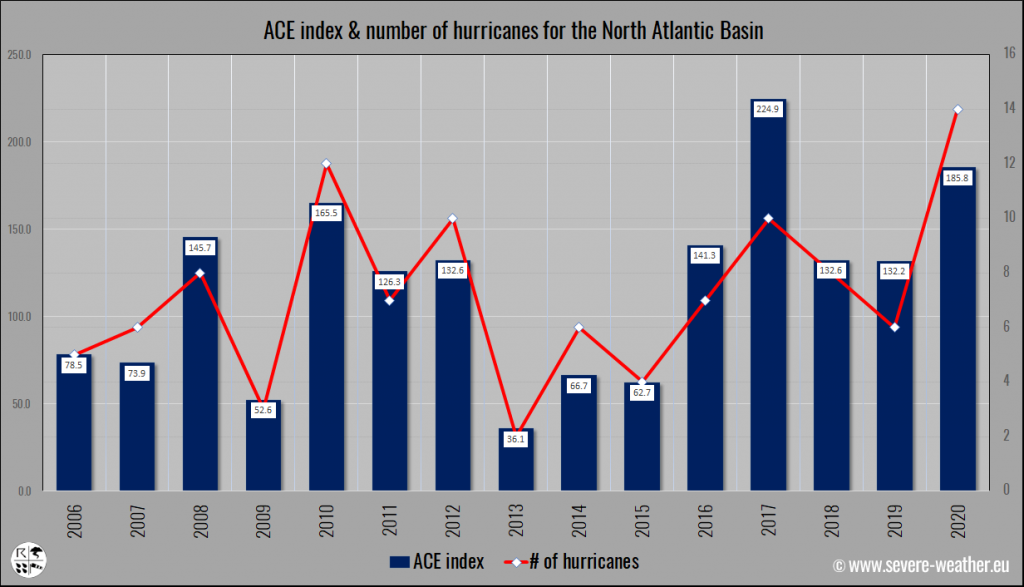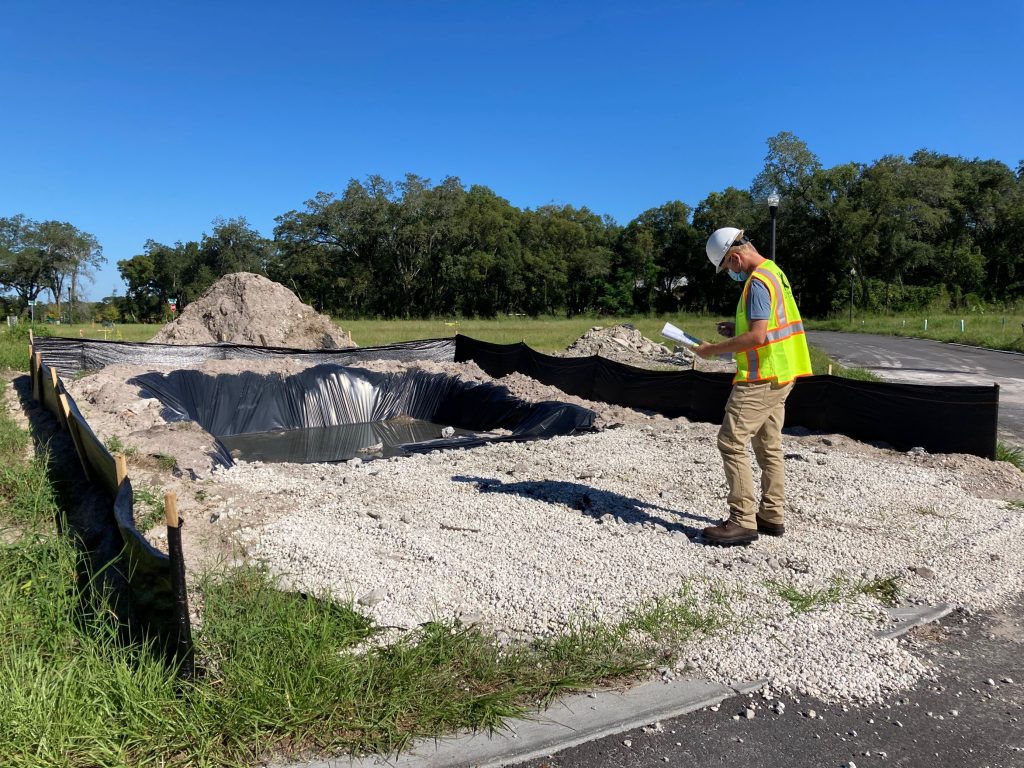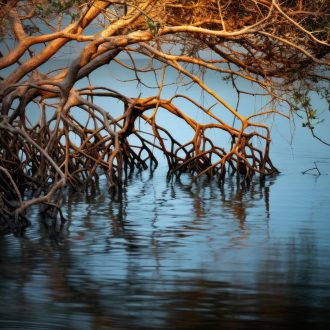
Believe it or not, Florida does experience seasons. However, not your normal or typical winter, spring, summer and fall. Most of Florida experiences seasons that exhibits a distinct Wet (warm) Season and Dry (cooler) Season. Coming soon, Floridians will begin to experience this dryer and cooler season that normally lasts between mid-November to April. This corresponds with many of the northern states that will begin to experience colder weather. Fortunately, here in Central Florida, the average temperature will remain close to high temperatures in the mid 70’s and the average low in the high 50’s. What a wonderful feeling!

This time of year also coincides with getting closer to the end of Hurricane Season in Florida. This year, compared to many years, Florida is experiencing a milder season for named hurricanes. As of today, Florida has only experienced three storm systems to reach landfall. All three ended up being tropical storms and fortunately creating less damage. Even though we may consider Florida currently unscathed this season, the 2021 season’s accumulated cyclone energy rating is still keeping pace to previous years. This topic may sound complicated, but it simply provides comparison data of the intensity to the amount of energy produced for any given hurricane season. The actual end to Hurricane season is November 30th so we must continue to be on the look-out.
Our qualified stormwater consultants are always ready to engage regardless of the season we may be experiencing. During the traditional wet and warm season, our team performs hundreds of environmental stormwater compliance inspections weekly. Our forte is to be ready in the moment by the fact that it may rain somewhere in Florida.
As we begin to enter Florida’s dryer season, it is time for us to continue staying close to our clients’ needs. Even though it may rain less, this is the critical time to shore up BMPs that may need increased maintenance and repair. Our consultants will also need to review our clients’ construction plans and help them discover new support needs for coordinating preventative maintenance.

As a reminder, If you are building on land over an acre in Florida, or part of a larger common plan of development, you are required to follow the Construction General Permit (CGP). In Florida, the National Pollutant Discharge Elimination System (NPDES) inspections are to be conducted every 7 days per site. If the site receives over 0.5” of rain, a rain event inspection is required to be conducted within 24 hours of the rain event. Rain event inspections ensure that all erosion control devices remain in place and are effective in preventing erosion.
KCI’s Inspectors diligently inspect sites to ensure continued compliance and environmental responsibility throughout all seasons. Call KCI and experience the difference. 888-346-7779.



